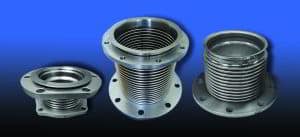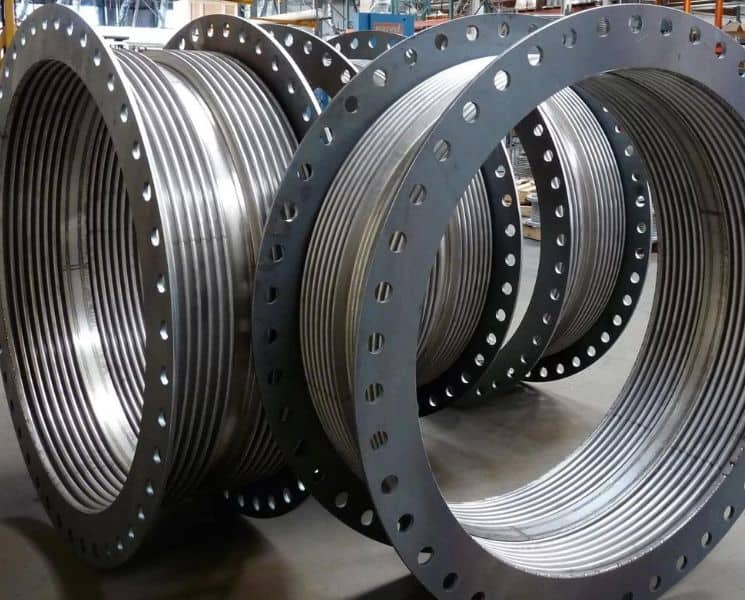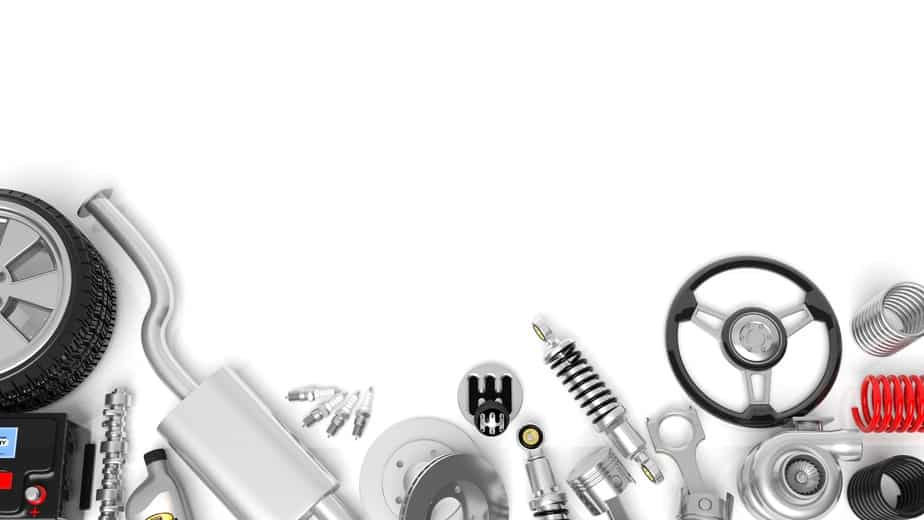
So, what are bellows used for? The primary role of bellows is to act as a high pressure expansion joint as they will not be damaged by any pressure exerted on the joints. Therefore, if you are looking for materials that can be used for high pressure expansion joint, bellows are the best. Metal bellows are very important in sensing and high pressure sealing besides being highly demanded by other industries as well.
However, when you are looking for high pressure expansion joint material, you should not just pick any stainless steel expansion joint that you will come across. You need to know that bellows are created using different manufacturing methods and material grades that have a significant impact on their performance. It is also important to note that the manufacturing technique will determine the durability of your bellows. So, if you are interested in buying bellows for high pressure expansion joint, here are some of the factors that you should consider.
1. Design Considerations
One thing you should know is that bellows are versatile components that exhibit the properties of both springs and pistons. These are the properties that make metal bellows to be used in different applications such as sensing, pressure gauges, and fluid handling, among others. Therefore, dimension considerations should play a vital role, depending on where you want to use them. Diameters and height of the bellows should fit the constraints that you want them to fit.
2. Spring Rate
As indicated earlier, bellows are used for high pressure expansion joint, where the spring rate is a vital aspect. In a real sense, bellows are expected to contain the pressure exerted by an axial load. Spring rate is the resistance force that is directly opposite to the pressure exerted by the axial load. When choosing custom expansion joints, you should make sure that the spring rate is higher than the axial load so that you can minimize or eliminate deflection.
3. Mean Effective Area
Mean effective area is the area that, at any given time, handles the pressure exerted by the load. It has everything to do with the pressure changes from the weight. If the bellows you intend to buy has a larger mean effective area, you can buy that one because it is effective. However, you should make sure that you avoid bellows that have a very small mean effective area. In most cases, multi-ply bellows have between two and three tubes, which increase their effective area, which explains why they are highly preferred.
4. Manufacturing Methods
You need to know the manufacturing methods used in making various bellows before you can select a high pressure expansion joint. Most of the determinant factors discussed above are also dependent on the manufacturing methods used. Electro-forming and edge-welding are some of the standard techniques used in manufacturing metal bellows. In most cases, the metal bellows manufactured through electro-forming are used in high-performance applications such as defense and aerospace. On the other hand, edge-welded bellows are most used in areas where cost is less of a factor such as medical devices, semiconductor equipment, and aircraft engines, among others.
5. Bellows Materials
The bellows’ performance depends on the physical, chemical, and tensile properties of the material used. Different materials are used to make bellows, which means that different bellows can are used for various applications depending on the materials used. Some of the materials used include nickel, stainless steel, Monel, beryllium copper, brass, and bronze.
From this analysis, it is clear that you have understood some of the physical properties that differentiate various metal bellows. A right combination of the factors discussed above will enable you to get the right metal bellows for your applications. However, you should maximize your selection criteria so that you can get a durable and high pressure expansion joint with a considerable spring rate.


